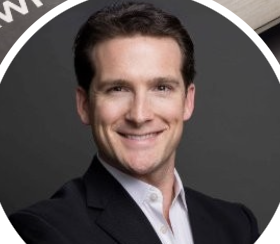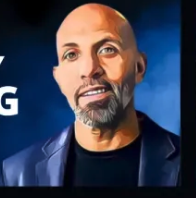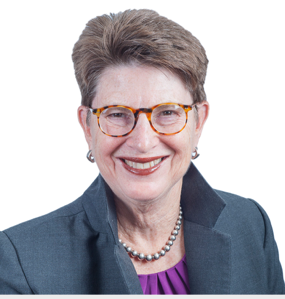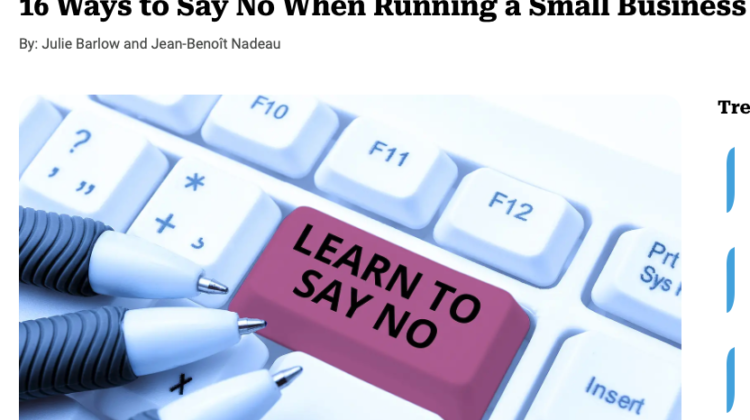TWO: (Keep) working 9-5
People think the best thing about working at home is escaping the “9 to 5.” The idea of waking up and starting to work whenever you want sounds wonderful.
The problem is, when you actually work at home, freedom quickly becomes a trap.
For starters, most of us are used to structure. It’s comforting. (I hardly need to say it: in the terrible circumstances forcing most of us to work at home, we could all use a little comfort.)
But for the home worker, structure is also a necessity.
Let me start with a confession. I’ve been working at home for over two decades, but I still wake up some days wondering if I’ll take the day off. I am a relatively organized person – I’m no Marie Kondo, but my spices are in alphabetical order, you get the idea. I’ve been disciplined enough to write 7 books.
Yet I still want to play hooky sometimes.
That’s why I have a simple rule for work: “9 to 5,” Monday to Friday. In the 27 years I’ve been self-employed, I have almost always put in a normal 8-hour day, 5 days a week. I don’t work on weekends except in real emergencies or special circumstances, like doing radio or TV interviews to promote a book. And even then I try to avoid it.
I made my 9-to-5 rule when I was starting out as a freelance journalist in the 90s, and it was originally a motivational strategy. The rule helped me commit to building a writing career by making me stay busy even if I didn’t have work. Every day I got out of bed and filled an 8-hour day with tasks.If I didn’t have assignments, I researched ideas, contacted potential clients, reached out for advice or training. I did anything I could to improve my skills, keep me busy and keep my mind focused on work.
Having a structure (and filling it) helped me launch my writing career and in weeks the days started filling themselves with real writing assignments.
The structure also helped me fend off self-doubt. Almost 30 years later, when I have slow periods, I stick to the 9-to-5 rule. I use the time to develop writing projects I’ve been putting off for years, or clean my hard drive, purge old files, do some online training or whatever other home office housecleaning needs to be done.
I also obey the 9-to-5 rule when work is abundant. Why? You might not realize it yet, but having a routine workday takes a huge burden off of you: the burden of choice. No one has the energy to “think over” when to start their day, or when to stop, or whether to work on Saturday. Choice is exhausting and uses up mental energy you need for … working.
The 9-to-5 rule also helps me avoid overworking. Structure pushes me to stop when there’s nothing else stopping me. By force of habit, I rarely look at email after my workday is over, and never at messages from colleagues (sorry!). Otherwise, the workday will, literally, never end. Also, like most people, I know I deal better with stressful news in daylight hours.
You can only get so much out of a day anyway. There are lots of theories out there about how long people can concentrate. I’m guessing, based on experience that most people can stick to a mental task productively for a couple of hours at time, with short breaks, for about 6 or 8 hours a day. There are much better things to do than work ineffectively.
Why 9 to 5, per se, you might wonder? Why not 4-to-midnight? For pretty obvious reasons, the best schedule is the same one everyone else is your field is on. We may be self-isolating, but none of us will be working in a bubble. We still need to communicate and videoconference with people when they are available. And chances are you will see more of your family if you work 9-5.
My last bit of advice: figure out when you work best and make sure you reserve block out distractions (more on those later) during that time. My concentration is highest in the morning, so I start my day around 8am and wind up by 5 pm (which makes an 8-hour day when you include my long lunch break, which I’ll explain later).
Setting limits on your workday will make you a better worker, and a better person to live with. That will be a crucial quality for most of us in the coming weeks.








